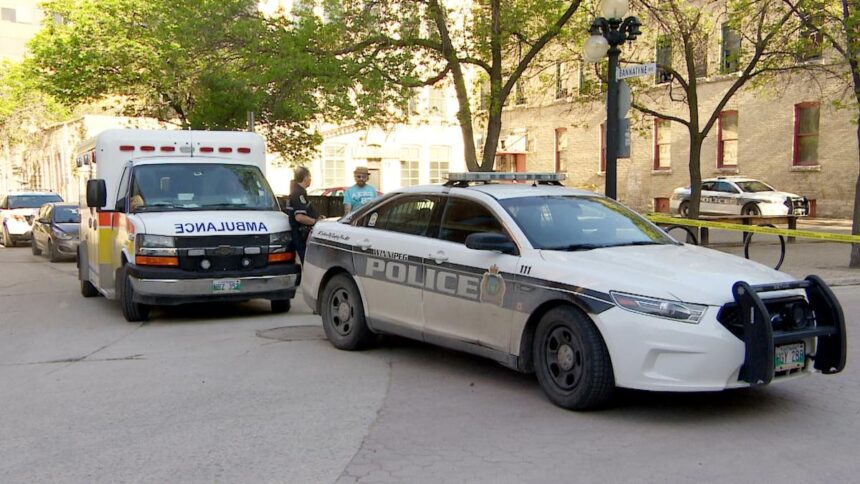In the early hours of a frigid January morning, Sarah Chen called 911 after her teenage son experienced a severe mental health crisis. What followed wasn’t the rapid response she had desperately hoped for, but rather an agonizing four-hour wait before emergency services arrived. By then, her son had fallen into an exhausted sleep, leaving crucial intervention opportunities missed and a family feeling abandoned by a system meant to protect them.
“We were told to call if things escalated, that help would come,” Chen recounted, her voice breaking. “But when we needed them most, the system failed us. Four hours is an eternity when someone you love is in crisis.”
Chen’s experience is far from unique. Across Canada, mounting evidence suggests that mental health emergency response times are reaching dangerous levels, creating what experts describe as a “second crisis” layered atop the initial emergency. According to data obtained from emergency services across five major Canadian municipalities, response times for mental health calls have increased by an average of 37% over the past three years.
Dr. Maya Krishnan, Director of Emergency Psychiatry at Toronto General Hospital, points to a perfect storm of factors. “We’re seeing record demand for mental health services while simultaneously facing healthcare worker shortages and inadequate crisis infrastructure,” she explained during an interview with CO24. “The pandemic dramatically accelerated mental health needs while straining our already fragile response systems.”
The consequences of these delays extend well beyond mere inconvenience. A recent study from the Canadian Mental Health Association showed that delayed intervention in acute mental health crises correlates with poorer outcomes, including increased hospitalization rates and longer recovery periods. For individuals experiencing psychosis, suicidal ideation, or severe anxiety attacks, minutes—not hours—can determine critical outcomes.
In Vancouver, where response times have increased by 42% since 2019, officials have begun piloting specialized mental health emergency teams that operate independently from traditional emergency services. These teams, consisting of psychiatric nurses and social workers, aim to provide more appropriate and timely care while reducing the burden on police and paramedics.
“We’ve recognized that the traditional model isn’t working,” said Vancouver City Councillor Amita Sharma. “When someone’s experiencing a mental health crisis, sending armed officers often escalates rather than de-escalates the situation. Our specialized teams approach these calls with training specifically tailored to mental health emergencies.”
Despite such innovations, funding remains a significant obstacle nationwide. A comprehensive analysis of provincial health budgets reveals that despite mental health representing approximately 30% of the disease burden in Canada, it receives just 7% of healthcare funding on average across provinces. This discrepancy creates what mental health advocates call a “treatment gap” that manifests most visibly during emergencies.
“We continue treating mental health as somehow less urgent than physical health,” said Michael Taylor, Executive Director of the Canadian Coalition for Mental Health Reform. “If someone called about chest pain and waited four hours for an ambulance, there would be public outrage. Yet somehow, we’ve normalized these delays for psychological emergencies.”
For families like the Chens, policy discussions provide little comfort. Sarah’s son eventually received treatment, but only after she drove him to the emergency department herself the following day—something experts caution against in severe cases but which many families resort to when official responses are delayed.
“What keeps me up at night is thinking about families who don’t have transportation, who don’t speak English fluently, or who lack the resources to navigate these broken systems,” Chen said. “What happens to them when calls for help go unanswered?”
As Canada continues grappling with post-pandemic mental health challenges, the question remains: will our emergency response systems evolve quickly enough to meet the growing need? For thousands of Canadians experiencing mental health crises each year, the answer may literally be a matter of life and death.










